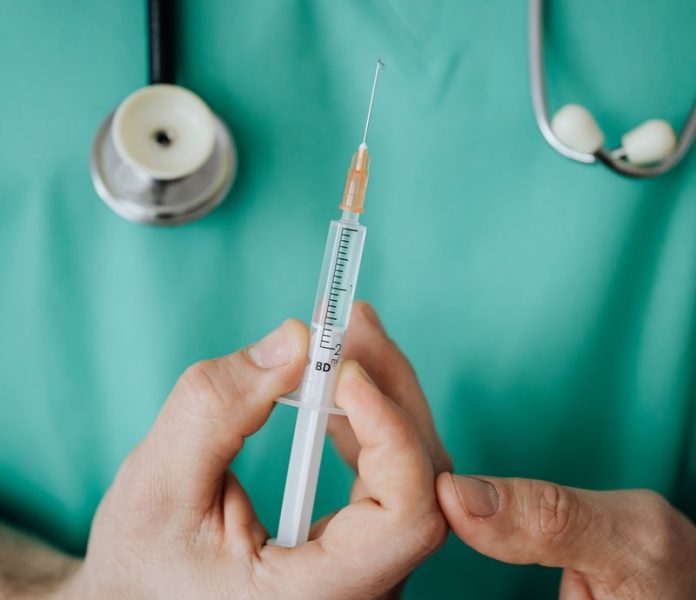
In a new study, researchers report promising results after treating COVID-19 patients with a drug that reduces hyper-inflammation in cancer patients undergoing immunotherapy.
They initially gave the drug, tocilizumab, to the most severely ill COVID-19 patients—specifically, those experiencing a dangerous immune response known as a “cytokine storm”—and it appeared to improve survival rates, especially among patients requiring mechanical ventilation.
Encouraged, the clinicians began administering the drug to less severely ill COVID-19 patients, with the aim of helping them avoid the need for ventilation.
Although the hospital saw a surge in COVID-19 patients during the study period (from March 10 to April 21), there was no parallel surge in ventilator use.
This suggests the drug was effective in managing dangerous inflammation associated with the disease.
The research was conducted by a team at Yale.
The hyper inflammation that happens in some cancer patients as a result of T-cell immunotherapy resembles the “cytokine storm” in COVID-19.
During the “cytokine storm,” or Cytokine Releasex Syndrome (CRS) the body’s immune system overreacts, and immune cells and fluid flood into the lungs.
This condition leads to respiratory failure and death in the most severely ill patients.
The researchers hypothesized that tocilizumab could suppress CRS to reduce life-threatening inflammation and prevent patients from needing mechanical ventilation.
They chose this drug for biological reasons. The combination of reports from small clinical series from other countries suggested that tocilizumab might treat severe inflammatory responses in COVID-19 patients.
The study represents the largest clinical series of COVID-19 patients treated with tocilizumab to date.
The research examined the first 239 hospitalized COVID-19 patients at YNHH, 153 of whom were treated with tocilizumab.
The team found that COVID-19 patients with CRS who were treated with tocilizumab showed relatively low mortality rates overall compared to reports from other hospitals, especially those CRS patients who required mechanical ventilation—typically a poor prognostic indicator.
The 14-day survival rate for all tocilizumab-treated patients, most of whom met admission criteria for severe COVID-19, was 87%.
The 48 tocilizumab-treated patients who required mechanical ventilation spent an average of five and a half days on a ventilator, and their 14-day survival rate was 75%.
As the team observed that tocilizumab was safe and showed promising results among the most severe COVID-19 patients, they began administering it to patients with less severe forms of the disease but who showed signs of hyperinflammation.
The goal was to reduce the likelihood of mechanical ventilation.
Despite a surge in new COVID-19 patients entering the hospital during the study period (March and April), the anticipated increase in patients needing mechanical ventilation did not happen in parallel.
The use of tocilizumab appeared to keep COVID-19 patients from progressing to mechanical ventilation, and the need for ventilation never exceeded 18% of hospital capacity.
One author of the study is Dr. Christina Price, an assistant professor of medicine (immunology).
The study is published in Chest.
Copyright © 2020 Knowridge Science Report. All rights reserved.



